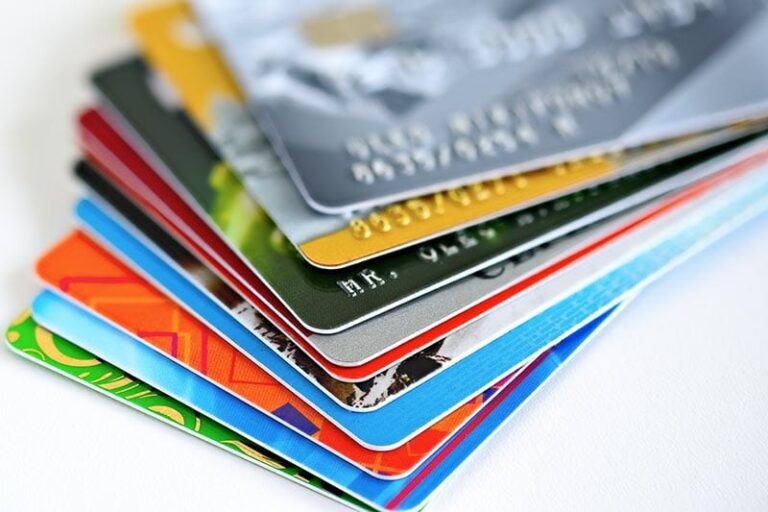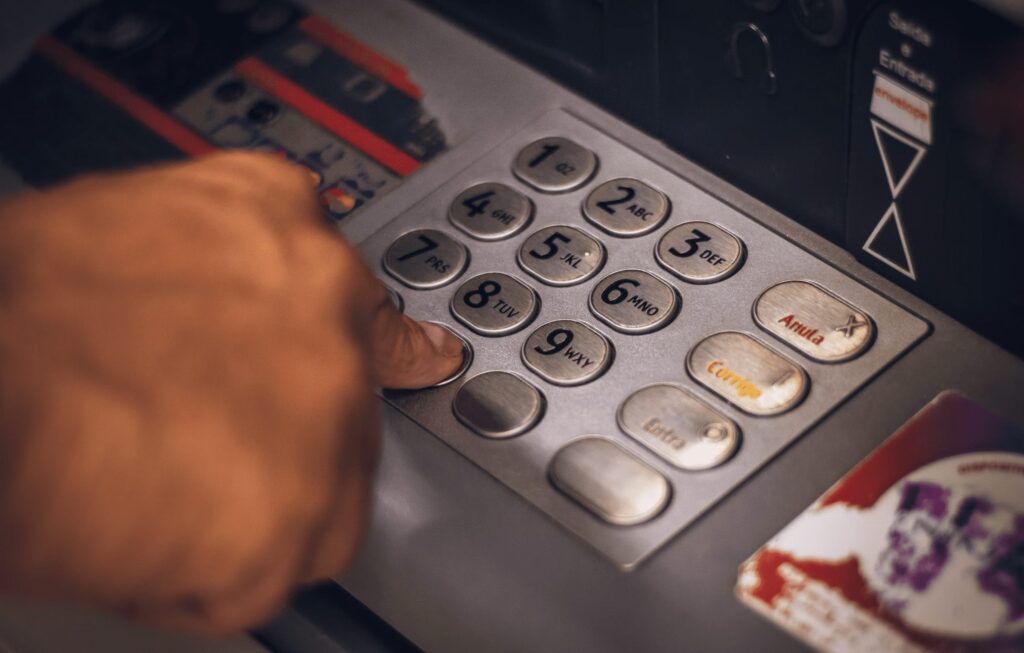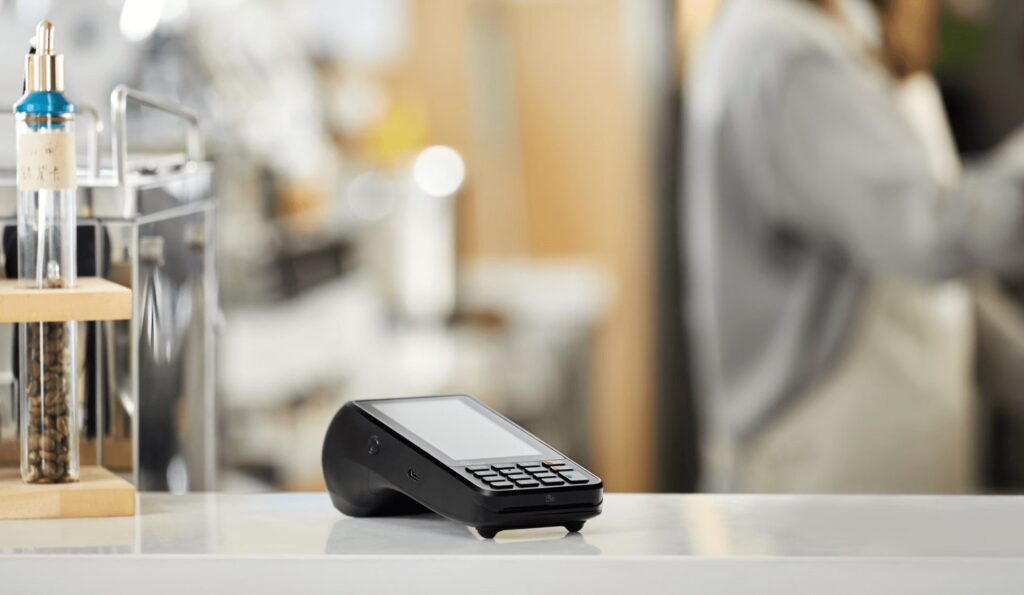No merchant wants to get a chargeback. But unfortunately, these can be inevitable.
Even if you’re taking steps to prevent credit card chargebacks, you’ll still get the occasional one from time to time.
Each card company has its own chargeback reason codes. The most relevant Mastercard chargeback codes for the majority of merchants can be broken down into four main categories—authorization, cardholder dispute, fraud, and point of interaction.
Use this guide as a resource to quickly identify a chargeback reason code from Mastercard.
Mastercard Authorization Chargeback Reason Codes
4808 — Authorization-Related Chargeback
This chargeback occurs when a merchant does not obtain an authorization request or gets the authorization too late. It commonly happens when a merchant tries to obtain authorization after the initial transaction date or the merchant “forces” a sale.
4812 — Account Number Not on File
The account number being used cannot be located or identified by the issuing bank.
Mastercard Cardholder Dispute Chargeback Reason Codes
4841 — Canceled Recurring Transaction or Digital Goods Transaction
According to the cardholder, the merchant continued to bill the credit card after the service was canceled. It’s common for this reason code to occur in subscription services if the consumer cancels but continues to get charged without consent.
4853 — Cardholder Dispute
The cardholder disputes the transaction if the wrong merchandise arrives or if they received a defective product. It also occurs when the merchant does not perform the services as described or refused to accept a return. Counterfeit merchandise can also fall into this category.
4854 — Cardholder Dispute Not Elsewhere Classified
The cardholder attempted to resolve a dispute directly with the merchant. However, the attempt to resolve this matter without the credit card company was unsuccessful. The cardholder contacted Mastercard and disputed the charge.
4855 — Goods or Services Not Provided
This chargeback reason indicates that the services were not rendered or the product was never delivered.
4859 — No Show/Addendum/ATM Dispute
The cardholder disputes a charge that they are not responsible for the transaction in question. This is typically for a card present transaction.
4860 — Credit Not Processed
The cardholder expected a credit from the merchant that was never received. This could be due to a delay in processing the credit or a misunderstanding in terms of resolving a dispute. It can happen if the merchant processed a credit later than the cardholder anticipated.
Mastercard Fraud Chargeback Reason Codes
4837 — No Cardholder Authorization
The cardholder files a chargeback claiming they never authorized the transaction. While this could indicate stolen credit card information being used in the transaction, it’s also possible that the cardholder simply did not recognize the description from the merchant on their credit card statement. But if the cardholder claims the transaction was unauthorized, Mastercard still needs to investigate.
4840 — Fraudulent Processing of Transactions
This chargeback occurs if the merchant is accused of processing a sale using card information from an earlier transaction. It occurs when the merchant intentionally tries to process fraudulent transactions or if they failed to void multiple transactions.
4849 — Questionable Merchant Activity
The transaction in question has in violation of Mastercard’s merchant rules. Alternatively, the merchant could be on a Mastercard security list. It happens if the acquiring bank processes a transaction for merchants that violated GMAP or QMAP and were later listed in a Global Security Bulletin from Mastercard.
Submitting a transaction to more than one acquirer could also be a reason for this chargeback code.
4863 — Cardholder Does Not Recognize/Potential Fraud
The cardholder contacts Mastercard because they do not remember the transaction or recognize the merchant on their statement.
4870 — Chip Liability Shift
In this scenario, the cardholder is claiming that a counterfeit transaction occurred. It can happen if the merchant does not have a compliant credit card processing terminal or if the merchant failed the obtain proper cardholder verification.
4871 — Chip/PIN Liability Shift – Lost/Stolen/Never Received Issue (NRI) Fraud
The cardholder is claiming that they were not involved with the transaction at all. It’s considered to be possible fraud pending further investigation.
Mastercard Point of Interactions Errors Chargeback Reasons
4831 — Transaction Amount Differs
As the name implies, the amount on the transaction receipt does not match the amount that the cardholder was charged. This could be caused by a merchant making inaccurate calculations when manually entering an amount into the terminal. It also happens when merchants increase or otherwise alter the amount of the sale without the cardholder’s consent.
4834 — Point of Interaction Error
This occurs if a single transaction was processed multiple times. It happens when merchants submit batches of a single transaction more than once.
Another common cause is if the merchant has a duplicate sales receipt for the same transaction or the merchant deposited a receipt with multiple acquiring banks. It can also happen if merchants process the same transaction more than once.
4842 — Late Presentment
The transaction was not sent to Mastercard within the specified period of time. In most cases, this must happen within 30 days of obtaining the authorization code. It can also happen if the cardholder’s account has been closed or if the transaction was posted 180 after the initial transaction date.
To prevent this, transactions should be sent to your credit card processor ASAP. In addition to chargebacks, waiting too long is also a common reason for interchange downgrades.
4846 — Incorrect Currency Code
This chargeback occurs when merchants do not adequately provide currency information. Typically, cardholders file a chargeback if they were not informed of dynamic currency conversion fees or were not given the option to complete the sale in their local currency.
Final Thoughts
Chargebacks can be a big pain for merchants.
It’s important to understand the reasons behind a particular chargeback before you contact the cardholder or respond to the card network.
If you’re noticing lots of chargebacks in the same reason code, you might be at fault or need to make adjustments to your procedure. For example, if your POS equipment is not up to date, you could be getting Mastercard chargebacks related to EMV compliance, or EMV liability shift. You can also review the Mastercard Global Security Bulletin and Mastercard merchant rules here.
Bookmark this page and refer back to it any time you see a Mastercard chargeback. This will help you quickly identify the reason code.




